
Baylor Coach Kim Mulkey (left) and K-State Coach Bruce Weber. Photos by Rod Aydelotte, Associated Press & Ken Corbitt, cjonline.com
This weekend, two basketball coaches made two statements after two significant games. Both instances happened in the Big 12 Conference. The first with Kansas State men’s head coach Bruce Weber and the second with Baylor women’s head coach Kim Mulkey.
Weber’s team, facing a critical game to keep their NCAA tournament hopes alive, turned in perhaps their worst performance of the season, losing by 30 points to the last-place team in the conference. Weber’s seat was already warm from speculation this would be his last year with the team. It just became a blazing inferno. However, in his ongoing effort to stay positive, Weber said this in his post-game comments about the mountain of criticism that is now being shown his way (here’s the full statement):
Yes, apparently it is only the media who is criticizing the coach. Maybe Weber truly hasn’t read any message boards, the “KState Bruce Weber” search results on Twitter, or the pining for an opposing coach in the school’s newspaper.
Just further south of Norman, Okla. where Weber uttered those words, Mulkey’s Lady Bears in Waco, Texas had just finished winning their seventh consecutive league title and the coach’s 500th win. An otherwise momentous occasion turned into a personal platform for Mulkey. She chose to voice her opinion on the backlash the school has been receiving for allowing a culture of gross misconduct to take place during several years and the epic fallout (more on that in just a second.)
After an on-court celebration, Mulkey took the microphone and said that people should commit an act of violence against those who are critical of Baylor University’s dismal failure of having prohibited acts of violence against others. (Ironic these comments also come from a representative of a private, Christian university.)
She then doubled-down and compounded her as-of-Sunday’s backtracking “poor choice of words” by saying the problems at Baylor are no different than at any other school in America.” You can have a full listen here.
Except no other school in America is currently facing a federal lawsuit alleging 52 sexual assaults by 31 football players in a four-year period which led to the removal of its head football coach, school president, athletic director, and other athletic staffers, with a visit by federal Title IX investigators on their way. Oh, and like Weber, Mulkey also stated she hadn’t heard any of the criticism on Sunday, despite feeling the need to “clarify her comments” a day later.
Coaches are paid to do a lot of things. One of those things is to motivate their players, their fan bases, their employers, and to help sell their program to recruits. So, perhaps it’s natural for coaches to lean on the optimistic and at times defensive side of the fence when their jobs are on the line or their school is being called into question.
But when “coach speak” crosses over from positive pep talks to outright denial and delusion, then not only they, but their program and their employer, have a problem. In today’s 24-hour news cycle, that problem can spread quickly.
For Weber, his comments were further evidence for a now unified fan base that his time in Manhattan should be nearing an end. The comments that show he’s out of touch with the immediate world around him and a blind allegiance to a strategy that is apparently sliding down hill fast.
For Mulkey, her tone-deaf tirade on a far more serious issue is an alarming matter … essentially telling everyone (including the victims) to move on from a still very unresolved situation.
So what communications lessons can be learned from these two? You don’t have to be a college basketball coach to get it. Here are three starter tips:
- Be Self Aware: When a situation has been building, or you create it yourself, today there is no excuse not to realize when criticism is mounting or has quickly escalated against you or your company. Ignoring it makes you ill-prepared and denying it makes you seem aloof and even worse, ignorant. Not traits you want to have perceived to gain public consensus on your side.
- Know Your (Broader) Audience: Weber may have been speaking one-on-one with the reporter and Mulkey may have been speaking inside the friendly confines of her home arena, but these remarks were being recorded, hence both speaking into microphones when making their remarks. While you may be playing to your immediate audience, remember that your comments can now be carried anywhere … and thus quickly condemned.
- Stay in the Moment: Sure, it’s easy to get carried away, but it’s better to stay on track. Weber could have still focused on being positive by staying on his original message when asked about criticism. Instead of saying he doesn’t notice any criticism except for the media, he could have led right into how he focuses on staying positive. Removing one line could have made all the difference.For Mulkey, focus on the celebration. Their seventh straight conference title. Her 500th career win. So many other people to thank, players to honor, and celebration to enjoy. Instead, she brought up – unprompted – the very issue she’s preaching to everyone else from which to move on.
While it’s tempting for anyone to default to a motivational tone, a measured response can further your cause in the long run. After all, just ask Howard Dean what going off the rails can do for you.

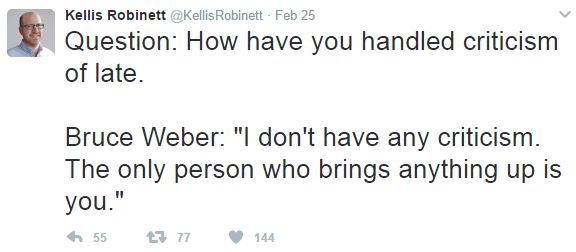
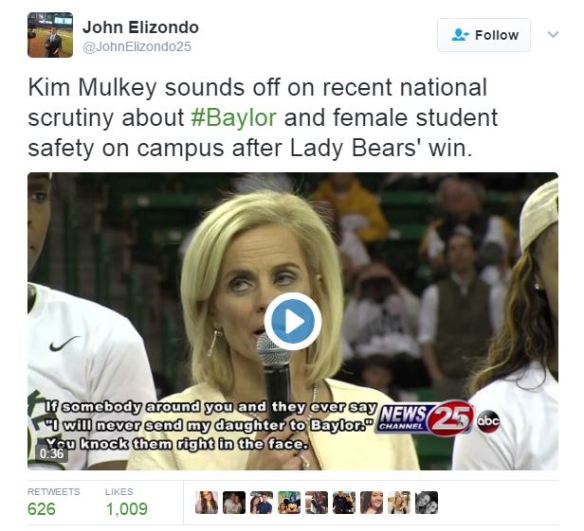
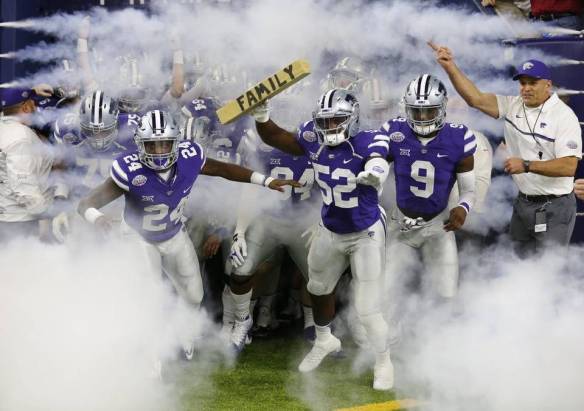
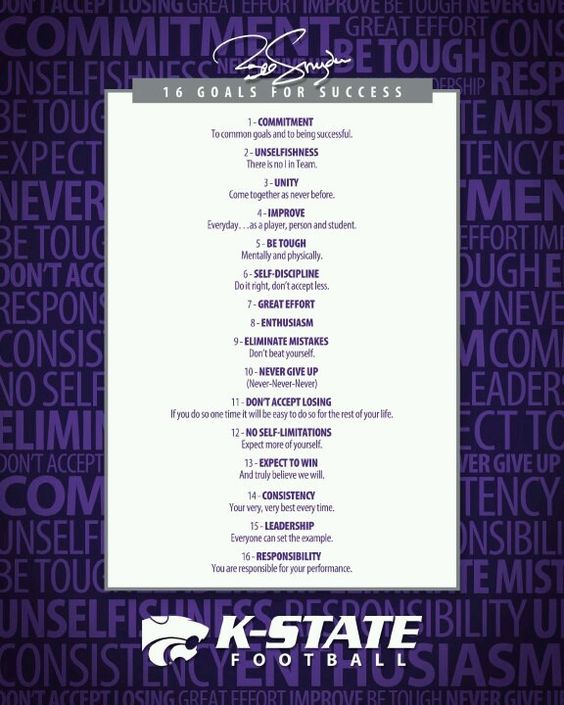

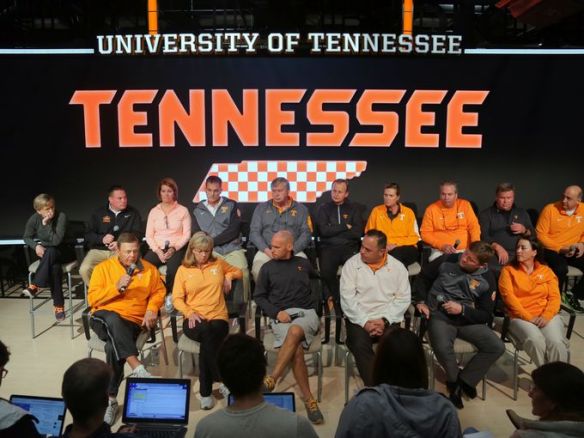 (Photo by Randy Sartin/USAToday Sports)
(Photo by Randy Sartin/USAToday Sports)